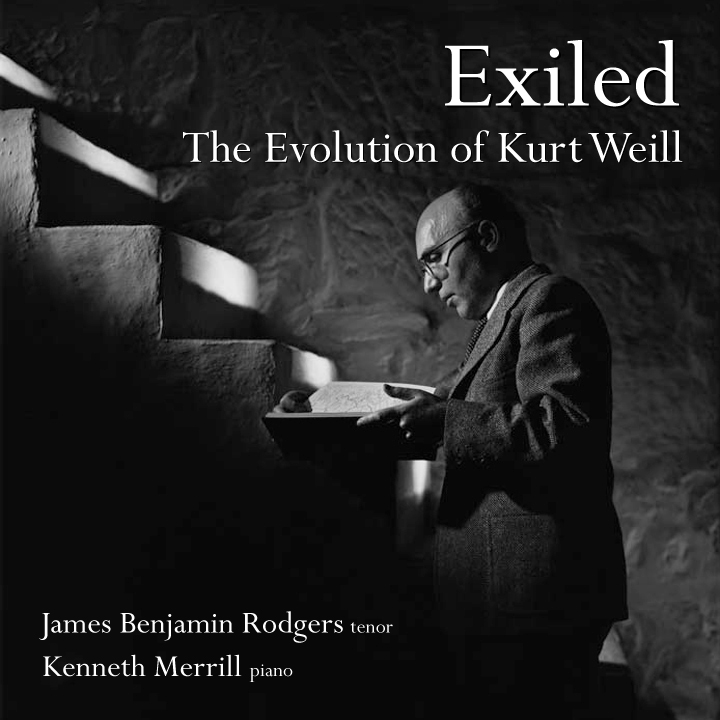book and lyrics by Maxwell Anderson
- English
Original Text
Before lord God made the sea and the land
He held all the stars in the palm of his hand
And they ran through his fingers like grains of stand
And one little star fell alone.
And the lord God hunted through the wild night air
For the little dark star on the wind down there
And he stated and promised he'd take special care
So it wouldn't get lost again
Now a man don't mind if the stars grow dim
And the clouds blow over and darken him
So long as the Lord God's watching over him
Keeping track how it all goes on
But I'be been walking through the night and the day
'till my eyes get weary and my head turns grey
And sometimes it seems maybe God's gone away
Forgetting the promise that we heard him say
And we're lost out here in the stars
Little stars, big stars
Blowing through the night.
And we're lost our here in the stars
Little stars, big stars
Blowing through the night.
And we're lost out here in the stars
Lyrics by Maxwell Anderson
Finding a New Cause
Throughout WWII Weill became an avid contributor to the nation's war effort, composing numerous works of propaganda as well as performing shows for the soldiers and workers contributing to the war machine. One of these included We will Never Die a pageant dedicated to the then estimated two million dead European Jews. Tragically, the real number would be far greater. The pageant was performed at Madison Square Garden on the 9th of March, 1943 and was an occasion of great unity around the effort to stop the axis of evil. The performance was subsequently repeated in cities throughout the United States.
Though his support for the war effort was unwavering, when it came to writing for the theatre, Weill's subjects became far more trivial than one might have expected. Perhaps he felt that this was not the time for harsh reality in the theatre? Perhaps he sensed that at this pivotal moment in history it was disrespectful to try to replicate or comment on the experience of the soldiers or the victims of Nazi and Japanese occupation? Perhaps he thought it was better to entertain, to try to give people a distraction from the horrors of their current environment? Although we can never be certain of his motivations, these hypotheses do seem plausible, particularly when one recognizes this as the only period in which his works for the stage were politically motivated.
When the war in Europe finally ended on May 8th, 1945, and with the Japanese on the brink of defeat, one might have assumed that Weill would start making plans to head home to Germany. However, his identity and more importantly his perception of himself had been enduringly altered. In response to an article in Life magazine referring to him as a German composer, Weill had this to say:
Although I was born in Germany, I do not consider myself a 'German Composer'. The Nazis obviously did not consider me as such either, and I left their country (an arrangement which suited both me and my rulers admirably) in 1933. I am an American citizen, and during my dozen years in this country, I have composed exclusively for the American stage.
Illustrative of this mindset, in 1947 Weill traveled across the Atlantic to London, Paris, Geneva, Rome, Cairo, and finally Palestine where he saw his parents for the first time in 13 years. He did not visit Germany.
Some years earlier, during his second Broadway show Knickerbocker Holiday, Weill had struck up a lasting friendship with his collaborator the Pulitzer Prize winning author Maxwell Anderson. They were now neighbors in Rockland County New York, and had been looking for another opportunity to work together for some time. After reading Alan Paton's Cry the Beloved Country a novel set in apartheid South Africa, Anderson felt he had found the perfect material to revive an idea they had worked on in the past, which dealt with the ongoing issue of segregation in the United States. Weill agreed that placing the story in the even more contemptuous environment of apartheid South Africa would be powerful and they immediately set to work on what would be Weill’s final work for the stage. The production was highly successful and with its unique incorporation of the chorus into the theatrical structure, it was an exceptionally effective dramatic work. Lost in the Stars was just the sort of thing Weill hoped to be a part of.
In the show's title song the black preacher Stephen Kumalo finds his faith wavering as he tries to come to terms with the horrors of the divided country he lives in.
